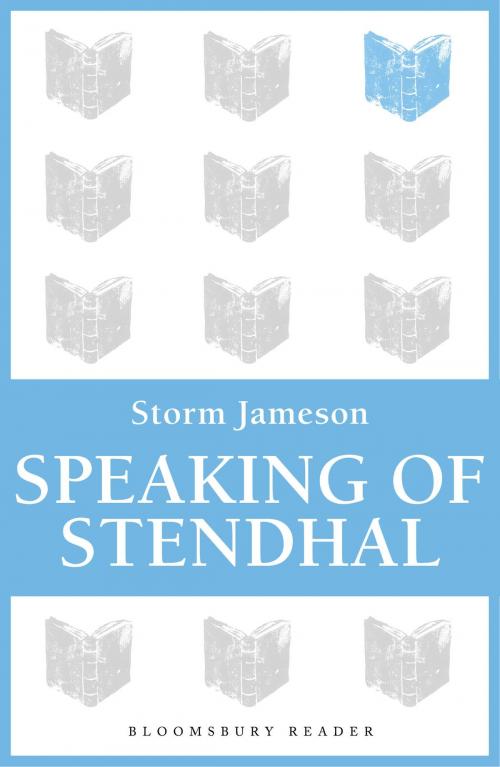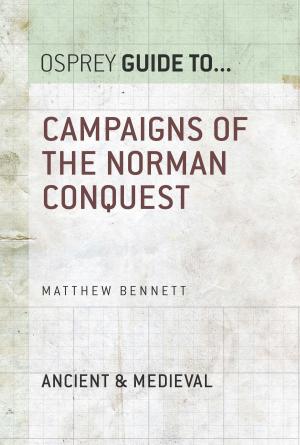| Author: | Storm Jameson | ISBN: | 9781448201990 |
| Publisher: | Bloomsbury Publishing | Publication: | October 28, 2011 |
| Imprint: | Bloomsbury Reader | Language: | English |
| Author: | Storm Jameson |
| ISBN: | 9781448201990 |
| Publisher: | Bloomsbury Publishing |
| Publication: | October 28, 2011 |
| Imprint: | Bloomsbury Reader |
| Language: | English |
Storm Jameson writes of Stendhal "as one speaks in suitable company of a friend". She knew him very well. Over the years she read everything available by him and she immersed herself in his life and his writings - and the two cannot be separated. As a biographical subject, Stendhal is vastly more rewarding than many literary figures. Something was forever happening to him; usually another passionate love affair. Life at home, in his youth, was a smouldering battle-ground: he hated his father, and when he rejoiced at the execution of Louis XVI, "be sure", Storm Jameson adds, "that another head glimmered in his mind." There was his naively close relationship with his sister Pauline, whom however he later outgrew, so that "he would do anything he could for her except live with her." There was his brief but horrifying experience of Napoleon's wars. And of course, there was his passion for travel, for society, for the opera, for Italy. It all became part of the texture of his books.
What is so astonishing is that his contemporaries were unconscious of his genius: even his old friend Merimee patronised him as a failure. Posterity has set that right, and this study, so lucidly and perceptively written, and providing so many insights, gives a marvellously concise picture of a rich and varied life.
Storm Jameson writes of Stendhal "as one speaks in suitable company of a friend". She knew him very well. Over the years she read everything available by him and she immersed herself in his life and his writings - and the two cannot be separated. As a biographical subject, Stendhal is vastly more rewarding than many literary figures. Something was forever happening to him; usually another passionate love affair. Life at home, in his youth, was a smouldering battle-ground: he hated his father, and when he rejoiced at the execution of Louis XVI, "be sure", Storm Jameson adds, "that another head glimmered in his mind." There was his naively close relationship with his sister Pauline, whom however he later outgrew, so that "he would do anything he could for her except live with her." There was his brief but horrifying experience of Napoleon's wars. And of course, there was his passion for travel, for society, for the opera, for Italy. It all became part of the texture of his books.
What is so astonishing is that his contemporaries were unconscious of his genius: even his old friend Merimee patronised him as a failure. Posterity has set that right, and this study, so lucidly and perceptively written, and providing so many insights, gives a marvellously concise picture of a rich and varied life.















